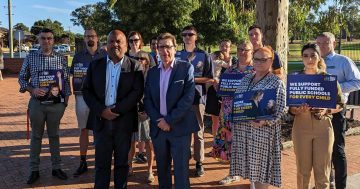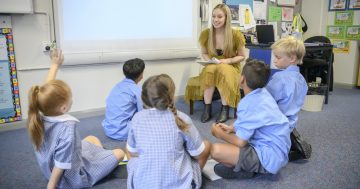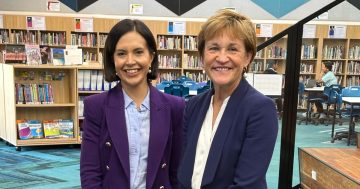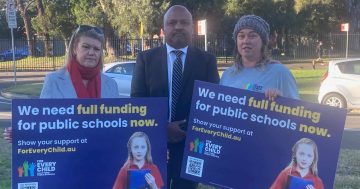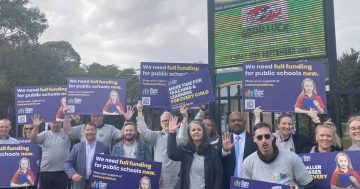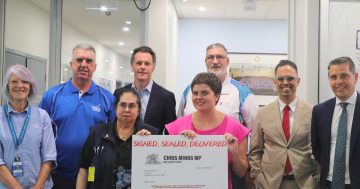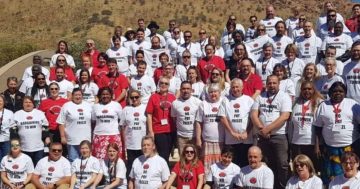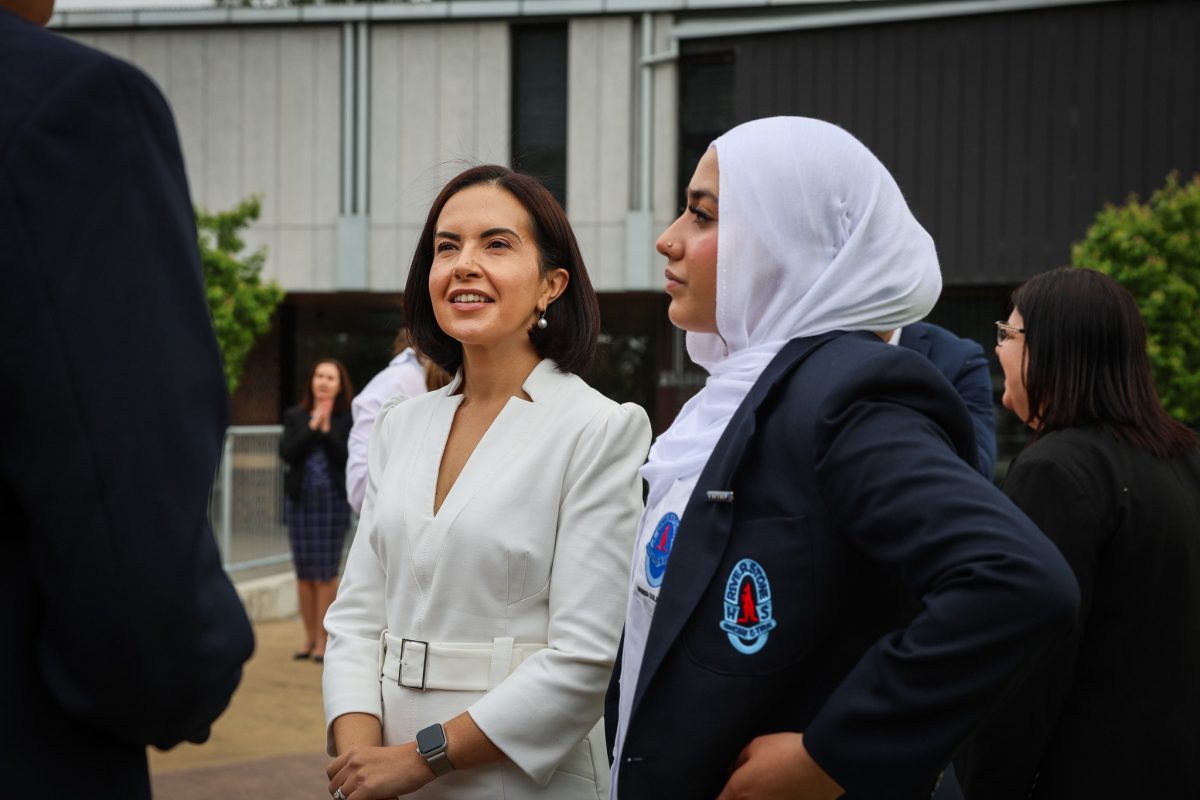
Education Minister Prue Car said offering better conditions and work-life balance would help NSW attract new teachers and ensure those already teaching stay on board. Photo: Facebook.
Over the weekend, NSW public school teachers endorsed a new three-year salary and conditions agreement with the State Government in its efforts to tackle the significant workforce shortage.
This agreement complements last year’s “historic wage reset”, affording the state’s 95,000 public school teachers a three per cent pay increase annually for the next three years.
Notably, it includes additional 0.5 per cent superannuation increases in 2024 and 2025, along with protection against high inflation through annual $1000 cost-of-living adjustments if inflation exceeds 4.5 per cent.
After a decade of wage suppression under the previous government, NSW Teachers Federation President Henry Rajendra said the deal ensures the sector’s pay keeps pace with inflation while remaining competitive with other jurisdictions – “critical factors in attracting and retaining the teachers our students need”.
Other benefits to the agreement include additional school development days from 2025, a new consultation framework for teachers’ work and changes to assessment and professional learning practices.
Mr Rajendra said the new flexible working arrangements would particularly benefit the profession’s 80 per cent female workforce.
“The federation is delighted with this agreement which acknowledges and respects the gendered nature of the teaching profession by delivering on working conditions which address the gender pay gap and value the multiplicity of work, family and care responsibilities our members undertake,” he said.
“These improvements show greater respect from the employer – respect that has been absent for far too long. They begin to address the unmanageable workloads that have driven resignation rates above retirement rates and exacerbated the teacher shortage crisis.”
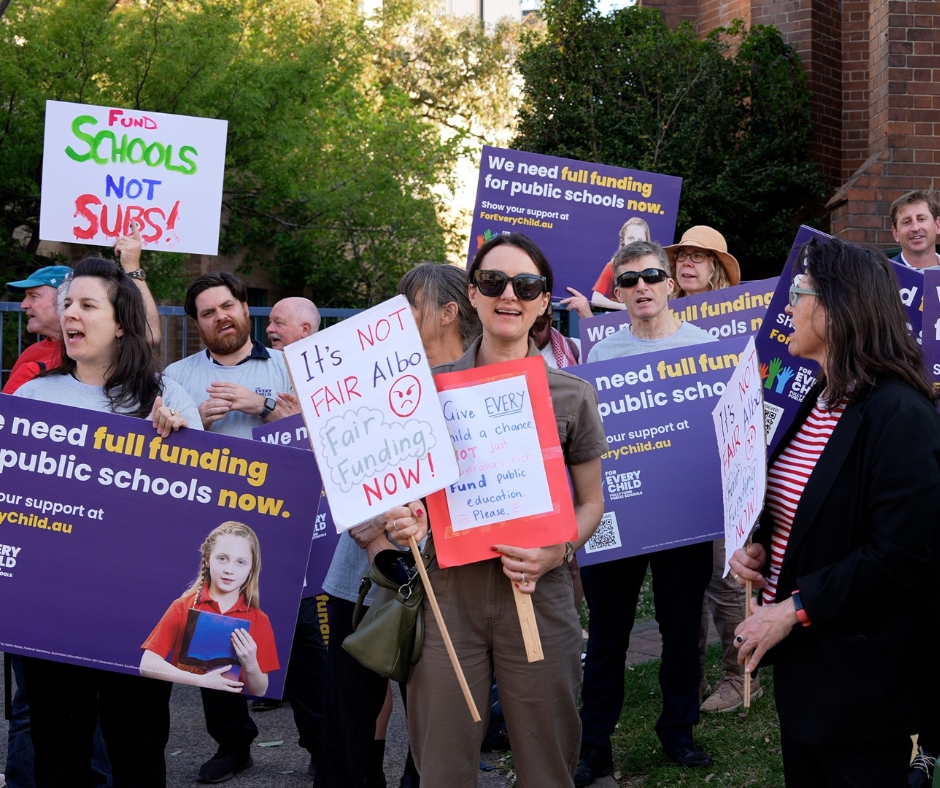
Last month the Inner City Teachers Association led a rally at the front door of Prime Minister Anthony Albanese’s electorate office in Marrickville demanding he fully fund NSW public schools. Photo: NSWTF.
Despite the union president’s delight, Mr Rajendra emphasised that securing the teachers needed for every classroom required the Federal Government to close the $1.9 billion annual funding gap facing NSW public schools.
“When some private schools receive over $6000 more per student in government funding than public schools, it’s clear the system remains lopsided,” he said. “The Federal Government reported a $15.8 billion surplus.
“They have the financial capacity to ensure every child gets the resources and support they need to succeed.”
Last month, Prime Minister Anthony Albanese signed the Tasmanian Government onto its Better and Fairer Schools Agreement, which the Northern Territory and Western Australia are already party to. Together, the Commonwealth and these state governments have agreed to increase funding for all public schools to 100 per cent of the Schooling Resource Standard (SRS).
Mr Rajendra believes Mr Albanese’s home state should be afforded the same privilege.
“The Prime Minister must step up and deliver the funding our schools urgently need. Our children’s future depends on it.”
Queanbeyan Teachers Association Secretary Patrick Doswell told Region he was happy with the deal and among the majority who voted to approve it.
“We’ve been fighting with our campaign, More Than Thanks, for a number of years and it’s really good to see a lot of the things we were fighting for addressed,” he said. “Namely the pay increase and addressing workload issues, being the hugest concerns we’ve had that’s affected our profession.”
Mr Doswell said Queanbeyan was one of the hardest places in NSW to attract teachers, “so this is something that we desperately needed”.
“I knew of teachers that were ready to go at the end of last year because of the pay, but also because of there being so much focus on it in the media,” he noted. “People just didn’t want all of that to be part of the fight.
“It was a tumultuous time teaching and I’m glad we got something from it.”
The union secretary said his branch was “completely committed to equitable funding”, because “every student in NSW deserves a high standard of education”.
“I really hope in the coming years we’ll attract new teachers, retain the ones we have and keep the profession being regarded in a positive light.”


